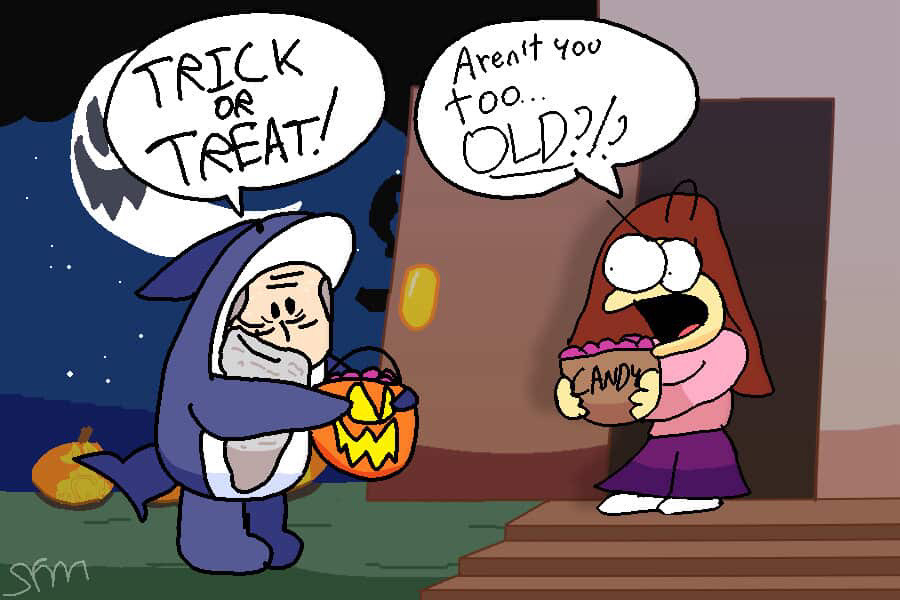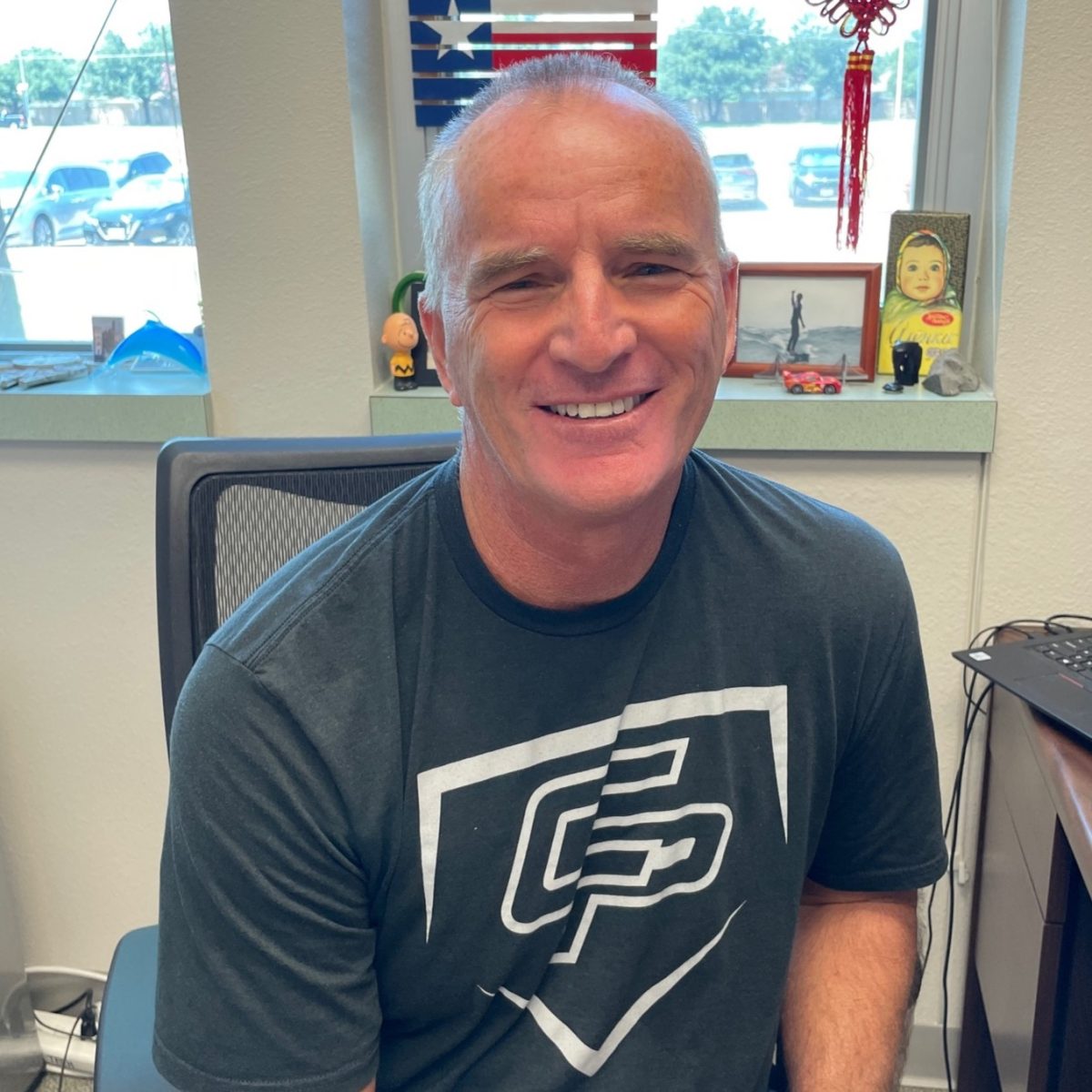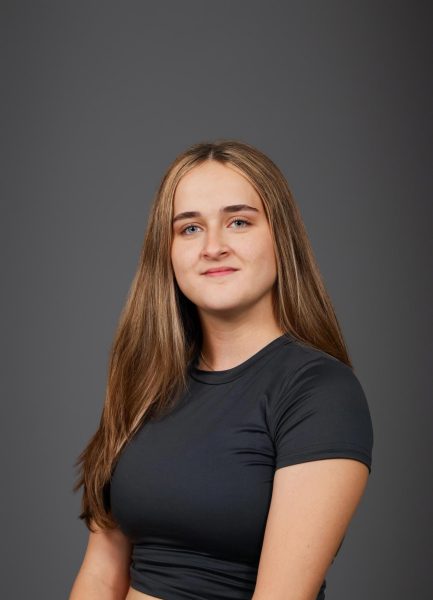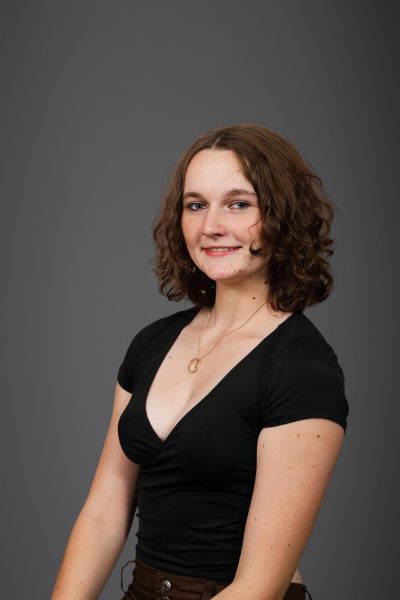Q: How long have you been at CPHS? Have you worked anywhere else? And then what is your position and how long have you had it?
A: High school counselor and at Cedar Park I’ve been here, this is my 17th year. I have been here the longest, me and then Taylor and this is my 34th year overall for other schools. [I worked in] East Los Angeles, I was at another high school there in Pico Rivera, East Los Angeles, a little different from Cedar Park.
Q: What made you want to be a school counselor? What’s your journey to becoming a school counselor?
A: I was a high school math teacher and then I was a high school coach for about any sport that you could ever imagine. From football, to softball, to golf. When I had my kids, I decided to become a counselor because coaching takes a lot of hours. So I just decided to try something different and become a counselor. So I’ve probably been the counselor for out of those years [34 years], 27 years. It is long.
Q: What’s your favorite part about being a counselor at CPHS?
A: I think the energy of the students in the craziness, just them being crazy and young.
Q: What do you find most rewarding about being a school counselor?
A: The changing the direction, the cycle of like a kid’s life or even being a part of that. Because there’s a lot of people that are involved family members, other teachers, other community people, but even being a small part, especially when it comes to a kid that is going a certain direction and then you’re able to turn that around and help the family. In East LA, there were five brothers, two of them went to jail, two went to Stanford, one went to Caltech. So it’s kind of trying to change that repetitive cycle of, well, I’m supposed to join a gang, I’m supposed to be in the Mexican mafia and I’m supposed to go to jail.
Q: How do you prepare yourself emotionally for handling sensitive topics with students?
A: Just be open minded and receptive to you knowing what they have to say and their perspective of where they’re coming from with their life. Two people can say almost two identical things, but they’re coming from two totally different worlds. So, sometimes it’s more sensitive to one than the other and you just kind of be open and try to reach them in where they’re at.
Q: What steps have you personally taken to ensure the student is as comfortable as possible?
A: I think listening. I think people like to hear themselves talk. They like to feel like someone values of them enough and that’s usually just keeping your mouth closed and listening to them and talk and and letting them know that you heard what what they had to say and sometimes that’s being helpful and sometimes that’s just going along with the journey with them of there really is no solutions. Sometimes in life, it’s just taking the next step the next day, but you’re there, you know, in case they need you.
Q: When you were in high school, did you visit the counselors office? Have you ever shared experiences with a student?
A: That was a long time ago. No, we didn’t have one, so I didn’t. [I have shared experiences] when I was in high school, for sure. You know, different paths, I mean, you use almost everybody’s like your whole historical background of kids you knew or, you know, journeys that people went to, the kind of parallel a little bit more of what that student might be going through as well. You knew this person, that person. When you’ve been doing it for 34 years and you know a couple hundred kids a year, I mean, you’re picking out from like over three to four thousand kids that you’ve known in your lifetime, so kids kind of run parallel paths. I just use my life sometimes, but sometimes somebody else’s to help them understand better.
Q: What’s the most important thing you want students to know about their future?
A: If they don’t stress about it, then it will work out. Stressing about it’s not going to do anything, but make your future worse. I mean, nobody knows which direction they’re really going to end up going. They know where they want to go, but they don’t really want to, they don’t understand if that’s really where they want to be, even if that’s where they will be at this point of their life, that’s where they want to go. So just hang on for the ride.
Q: What are some things you want students to know about you?
A: I’m here, that I’m open, I understand that for a lot of the students, it’s that school is school, school’s not always fun. It’s usually not fun. I was not a schoolie. I did not love school besides the outside extracurriculars and that’s okay. Sometimes you gotta get through that stuff. So there’s always, you know, a solution or there’s always something, but it has to come and you have to ask the question. Even if you think you already know what the answer might be, you might be surprised or you might get the answer to your expectation all along, but that I’m here.
Q: Would you call yourself introverted or extroverted? Why’s that?
A: I think on the job I’m more extroverted, but in overall life kind of things, I’m definitely introverted. I prefer smaller people, but if I have topics that I can talk about with work very easily, but small talk like everybody else, heck no.
Q: What do you do outside of school? What are some of your hobbies and interests?
A: Anything like sports related to hanging out with my kids. I’ve done some Iron Man, I’ve done extreme things. I like to travel. I like to try to figure out other people’s perspectives and how they live life. Like when I did the Iron Man, it wasn’t just I wanted to know, like are those people so weird that they would do something like this? And I wanted to do it. I also wanted to meet those people and I wanted to become part of the role for a moment to see what that is. The Iron Man is basically we jump in a lake, sometimes you jump into the ocean, and you swim 2.4 miles. So you swim for about an hour and a half. You get out and you get on your bike and you ride for 112 miles, so it takes you like six, seven hours and then you get out of that and then you run a marathon. I was more interested to try to see if I could do it, but also people are weird. Like I want to know what makes them tick, you know, like it was fun to just do it and talk with the people like you’re running and walking with and stuff like that. What makes them kind of tick and then go into different countries and why does that culture work that way? I don’t like to travel and go to the next resorts and stuff like that. I like to go where people would [in general] and walk around their towns and just kind of see what it would feel like if I actually lived there. I just like to observe them. Go to a normal place, just walk around their town, go to the bakeries, go to their whatever, and you know, they know I’m not from there, but I just walk and do what they would normally try to do. I’ve gone to: Philippines, China, Iceland, and Ireland. The Philippines, oh my gosh, it’s the most beautiful country in the world, but I mean, people make their houses just out of literally sticks. You know, and you’re just like, oh my gosh. like how do you live like this? But they’re all smiling, they’re all happy, they all love each other and they’re running around town doing all kinds of stuff and you come back to America and everybody’s got all this stuff in there. They’re usually sad, usually dealing with anxiety. You know, it’s like going to another country and you’re like, I don’t see that here and they don’t have anything. It’s wild.
Q: What are some of your favorite tv shows and movies?
A: Movie wise, the Batman trilogies, and Shawshank. Just movies that are just extremely well done. Other than that, it’s almost anything my wife wants to watch. Yeah, more movies and stuff and I’ll watch sporting events a lot. That’s about all I’ll really watch is sporting events, but if she wants to watch a show, I’ll be there and I’ll sit and watch it with her. Unfortunately I don’t really get control of the TV when you get married. It doesn’t work that way anymore.
Q: Who has been the biggest influence on your life and career?
A: I took a turn where I became much better at being a counselor than a teacher. I liked to coach, you get good time off, you know, all that kind of stuff. But I think when I had kids, I realized as much as I loved my kids, other people loved their kids and so I should try to treat them the way I would want my kids treated. Teacher wise, counselor wise, like if my kid went to see a teacher, I would hope that that teacher would treat them this way. As a teacher, I suddenly was like, I get it, like, you know, so as a counselor, it’s like, you’re somebody’s kid. Like, your parents hope that you walk in here if your counselor treats you a certain way.

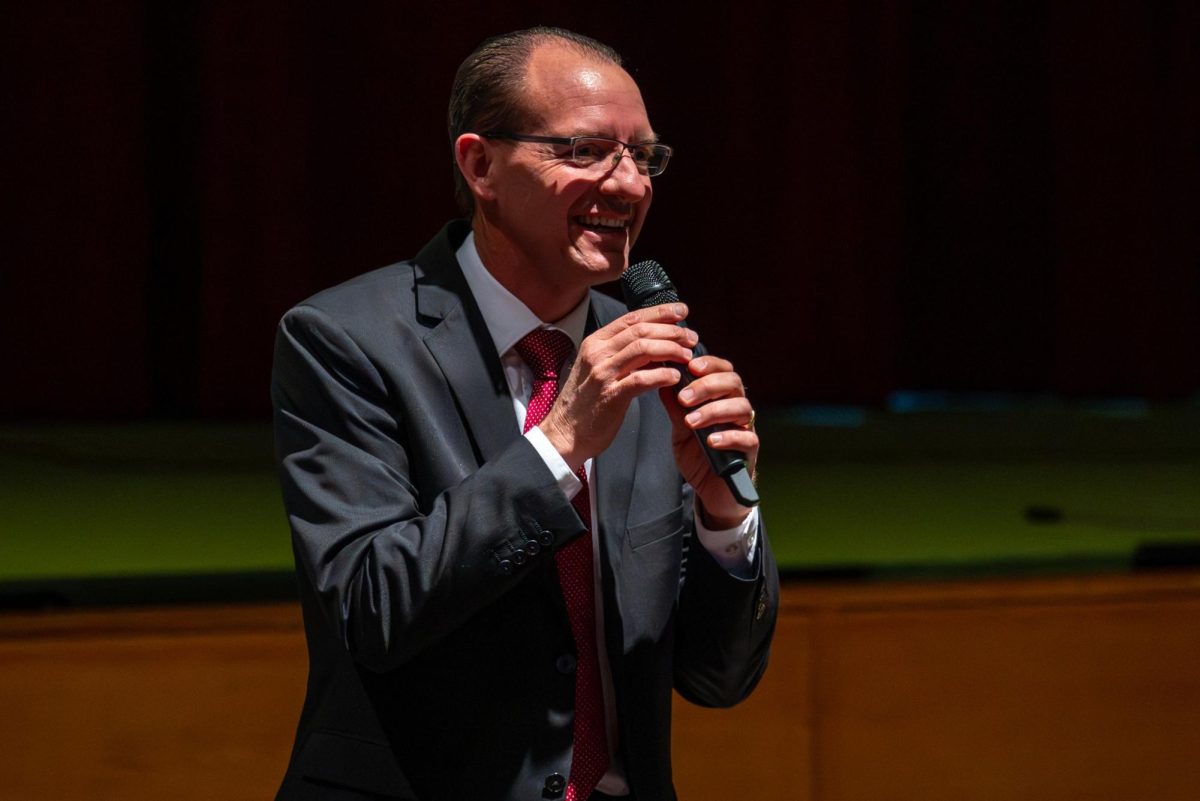
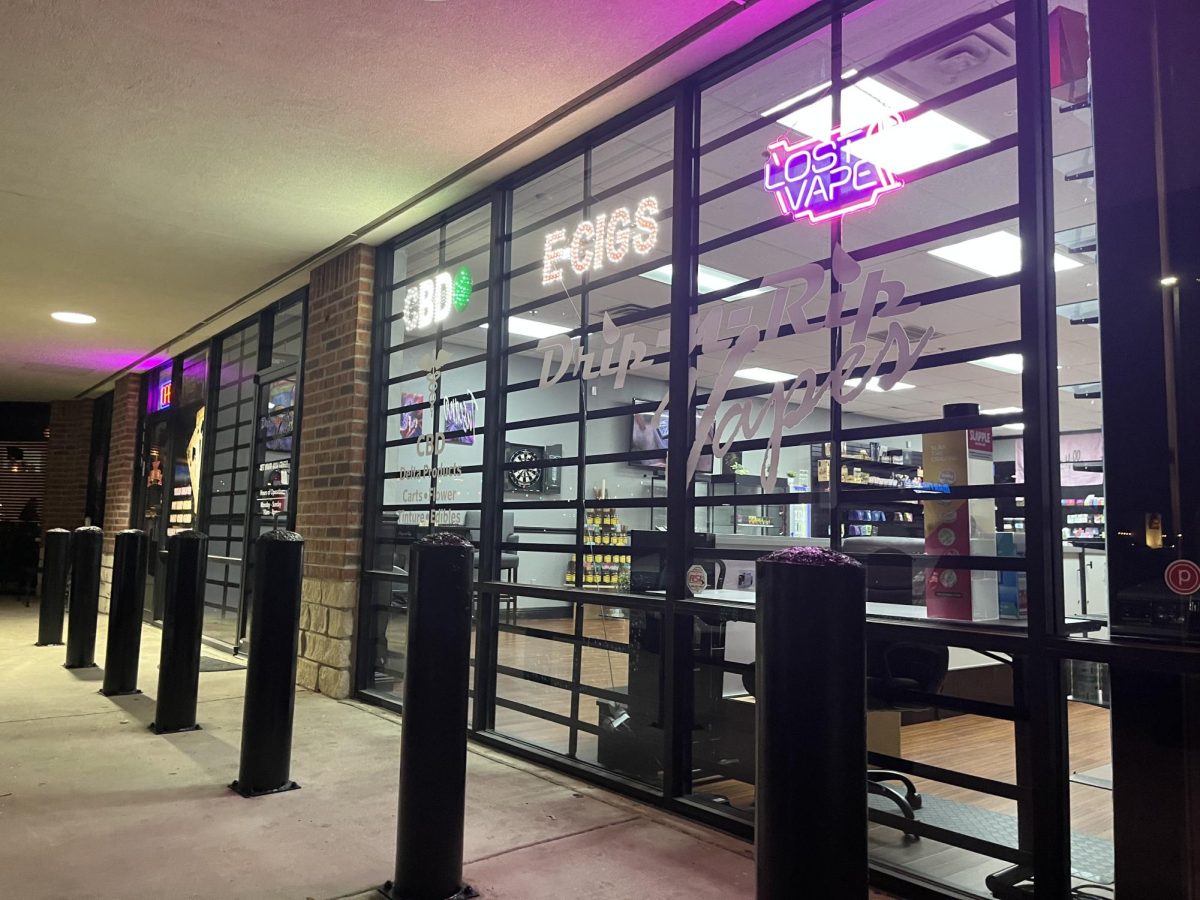
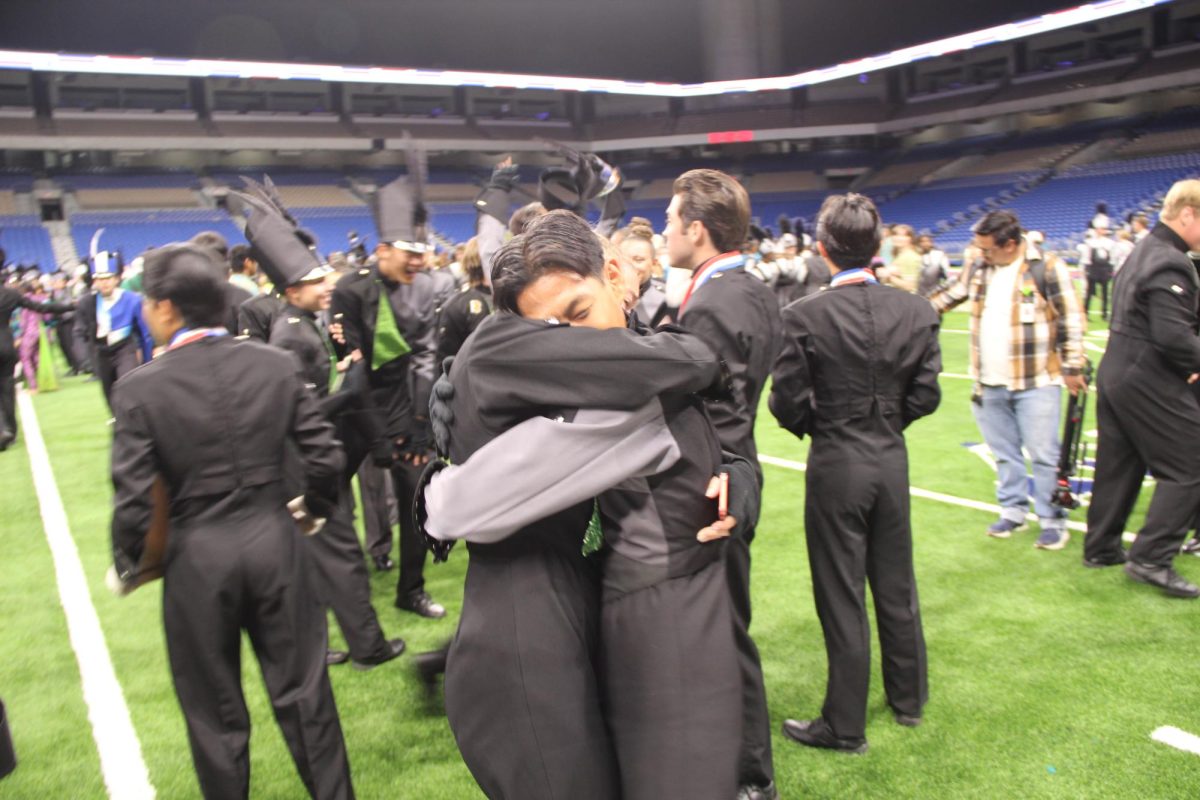
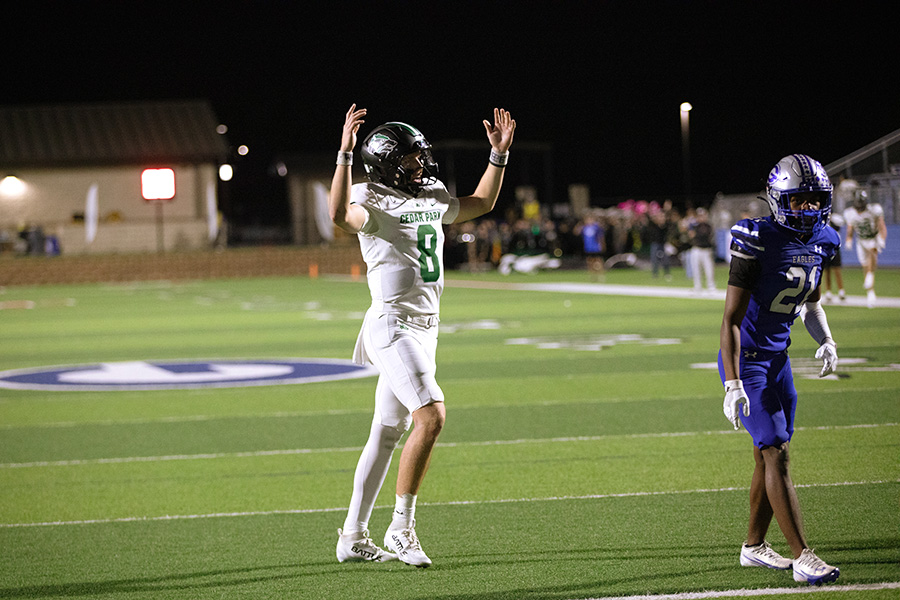
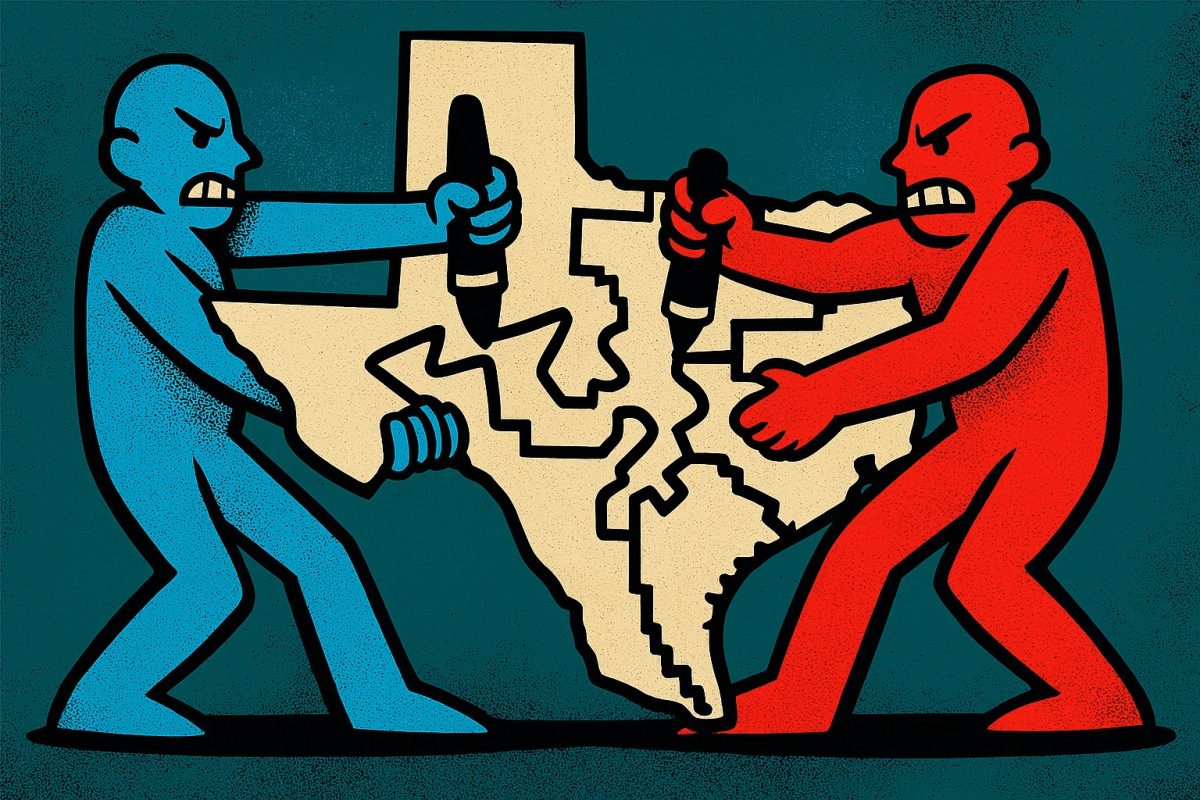
![Senior Jett Mckinney stores all the clothes in his own room, with half of it stored in his closet along with his personal clothes, and the rest taking up space in his room.
“There’s been times [when] there’s so much clothing stored here and it gets overwhelming, so I end up having to sleep somewhere else in the house,” Mckinney said.](https://cphswolfpack.com/wp-content/uploads/2025/11/DSC_0951-1200x800.jpg)
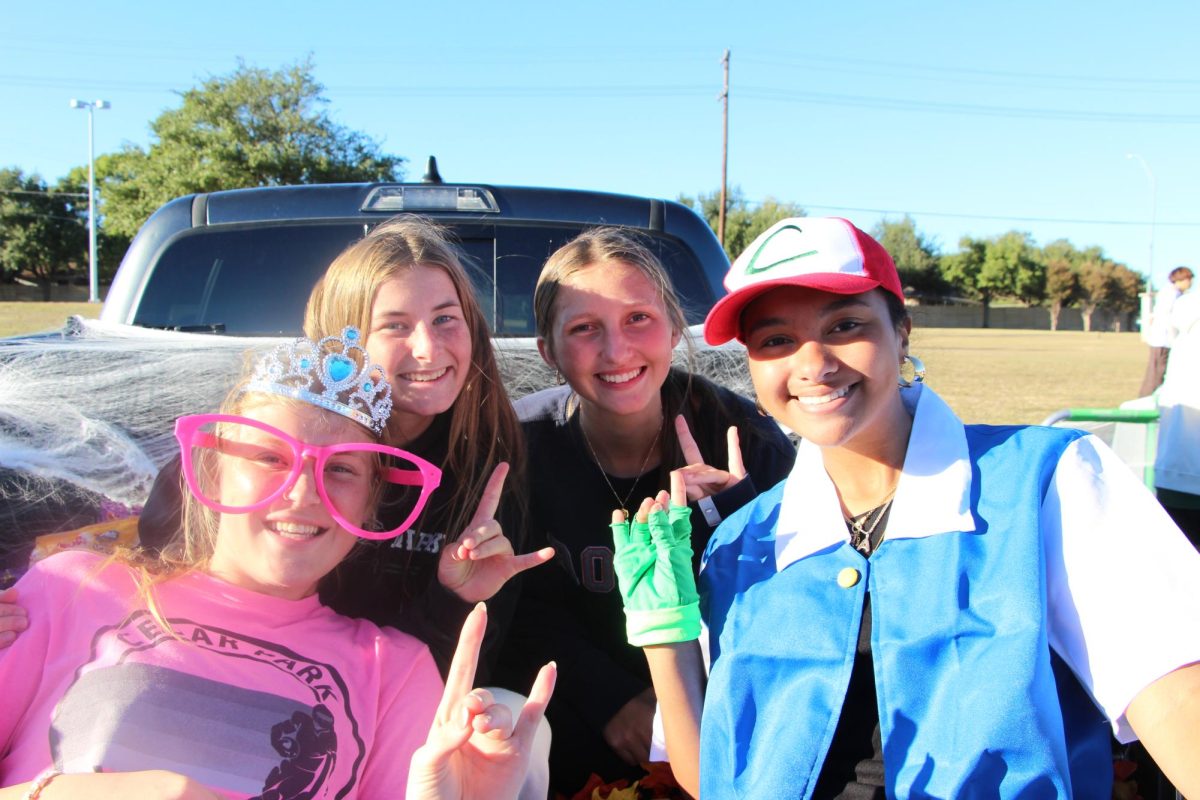


![Broadcast, yearbook and newspaper combined for 66 Interscholastic League Press Conference awards this year. Yearbook won 43, newspaper won 14 and broadcast took home nine. “I think [the ILPC awards] are a great way to give the kids some acknowledgement for all of their hard work,” newspaper and yearbook adviser Paige Hert said. “They typically spend the year covering everyone else’s big moments, so it’s really cool for them to be celebrated so many times and in so many different ways.”](https://cphswolfpack.com/wp-content/uploads/2025/05/edited-ILPC.jpg)

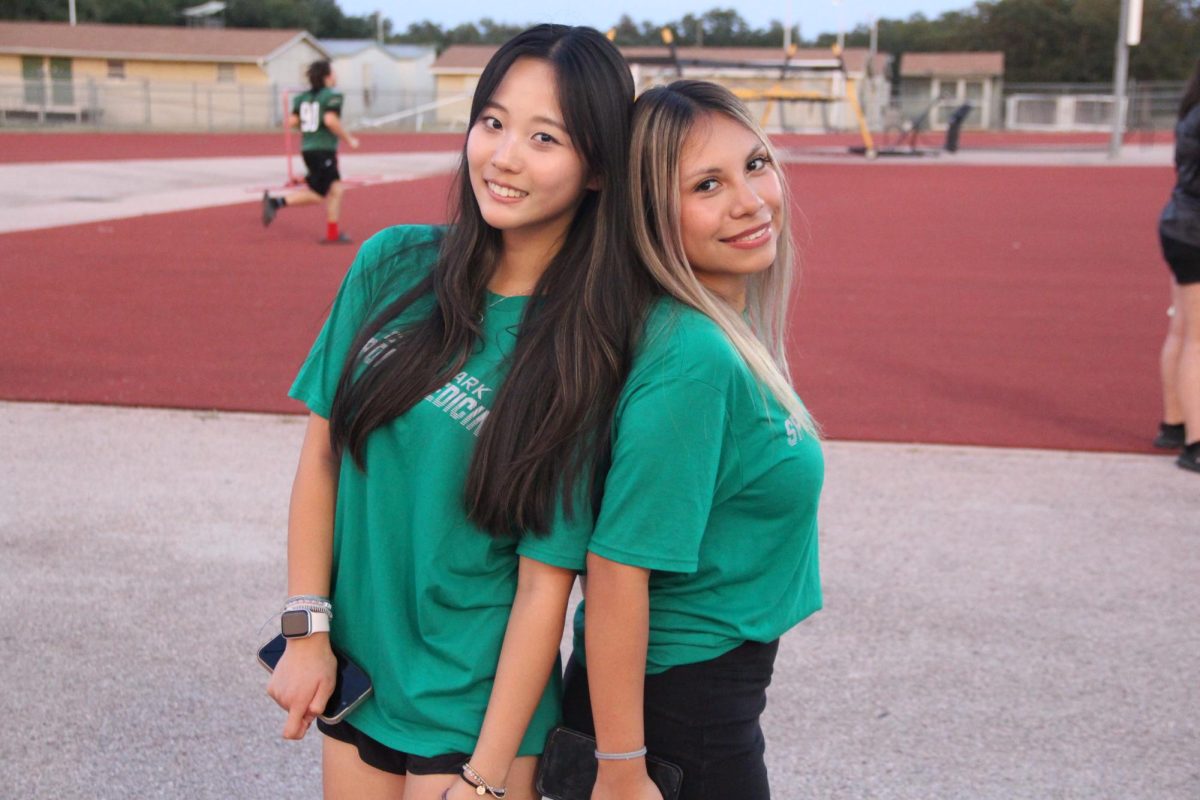


![Looking down at his racket, junior Hasun Nguyen hits the green tennis ball. Hasun has played tennis since he was 9 years old, and he is on the varsity team. "I feel like it’s not really appreciated in America as much, but [tennis] is a really competitive and mentally challenging sport,” Nguyen said. “I’m really level-headed and can keep my cool during a match, and that helps me play a bit better under pressure.” Photo by Kyra Cox](https://cphswolfpack.com/wp-content/uploads/2025/09/hasun.jpg)

![Bringing her arm over her head and taking a quick breath, junior Lauren Lucas swims the final laps of the 500 freestyle at the regionals swimming competition on date. Lucas broke the school’s 18-year-old record for the 500 freestyle at regionals and again at state with a time of 4:58.63. “I’d had my eye on that 500 record since my freshman year, so I was really excited to see if I could get it at regionals or districts,” Lucas said. “ State is always a really fun experience and medaling for the first time was really great. It was a very very tight race, [so] I was a bit surprised [that I medaled]. [There were] a lot of fast girls at the meet in general, [and] it was like a dogfight back and forth, back and forth.” Photo by Kaydence Wilkinson](https://cphswolfpack.com/wp-content/uploads/2025/03/Kaydence-2.7-23-edit-2.jpg)
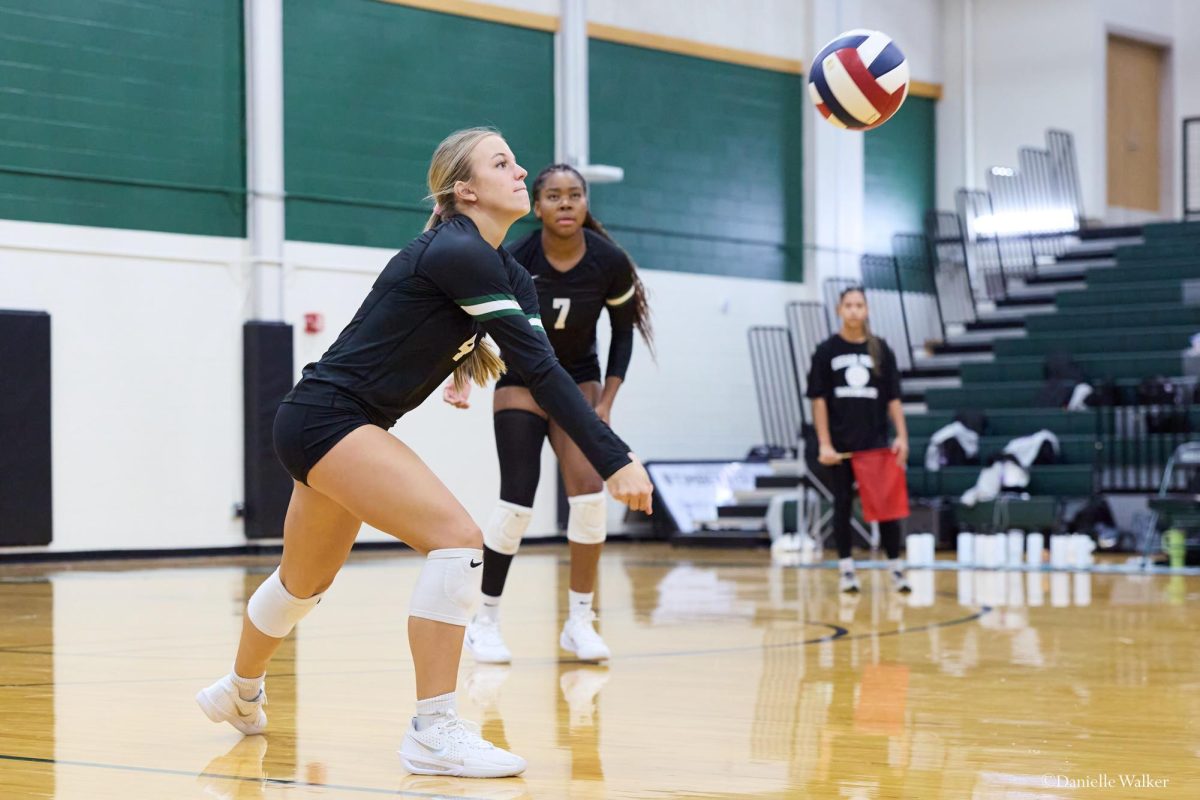

![As her hair blows in the wind, senior Brianna Grandow runs the varsity girls 5K at the cross country district meet last Thursday. Grandow finished fourth in the event and led the varsity girls to regionals with a third place placement as a team. “I’m very excited [to go to regionals],” Grandow said. “I’m excited to race in Corpus Christi, and we get to go to the beach, so that’s really awesome.” Photo by Addison Bruce](https://cphswolfpack.com/wp-content/uploads/2025/10/brianna.jpg)

